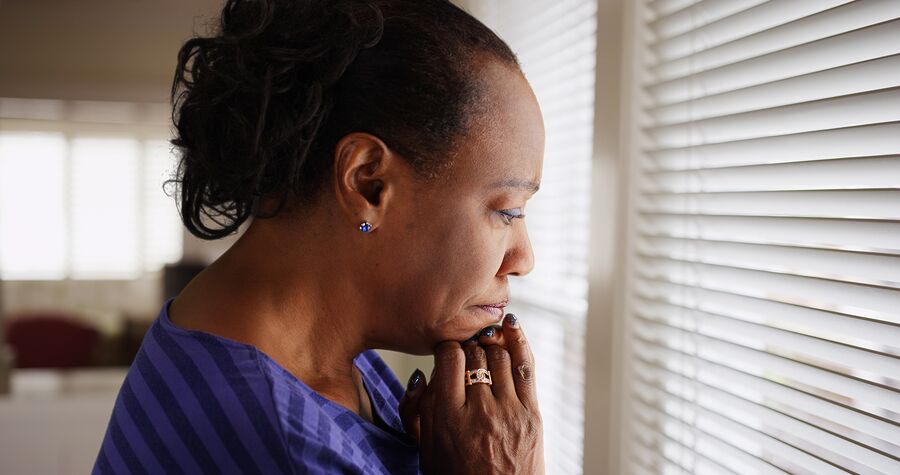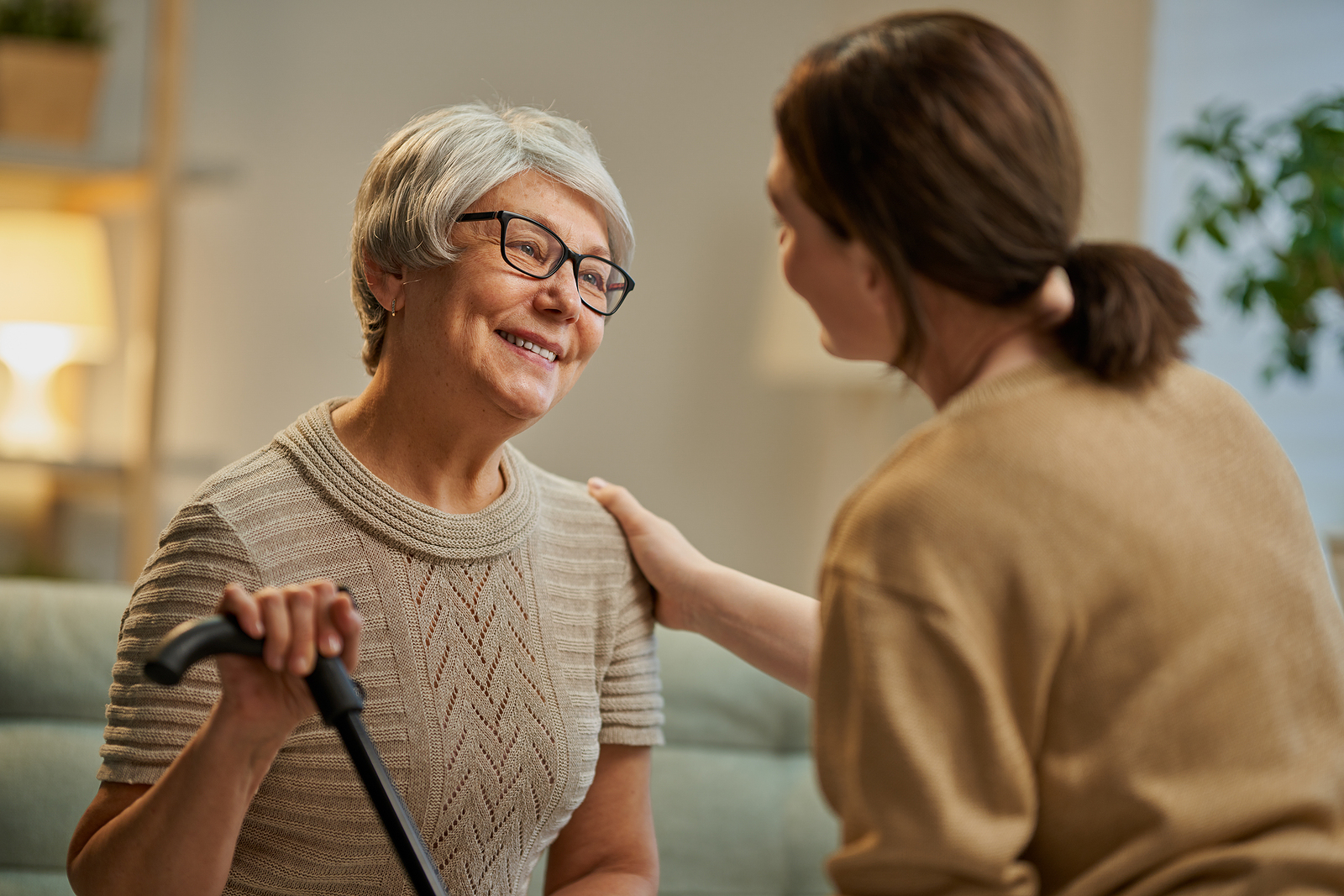
Finding the Optimal Elder Care Support in Choosing Assisted Living
How much support and assistance does your elderly mother or father—or other senior loved one who may benefit from assisted living—require at this stage in his or her life? That is, arguably, one of the most important questions you can ask when you set out to search for the optimal level of elderly care services for them.

Elderly Care Greenville SC – Finding the Optimal Elderly Care Support in Choosing Assisted Living
If you don’t know, then how can you possibly determine if a specific assisted living facility is going to be ideal for them at this stage in their life? Levels of care when it comes to elderly care essentially refer to the amount of direct assistance an individual requires for activities of daily life, also commonly referred to as ADLs.
Activities of Daily Living refer to the things each of us has to do to maintain a basic level of care in our lives. These can include getting out of bed and getting dressed, taking a shower or bath, using the bathroom, preparing a simple meal and eating, and much more.
Specific medical needs may also fall under the purview of levels of care when it comes to assisted living.
How do you determine a person’s level of care needs?
First, you need to understand what they require daily. Usually, aging men and women will turn to their spouse, a close friend who may even be a roommate or their adult children who live in the area for assistance first.
This usually starts slowly, with just minimal assistance every once in a while. It can often follow a medical crisis that landed somebody in the hospital. When they return home, they might need help doing the laundry, getting to the grocery store, making food, and more.
Over time, though, their needs may increase. Before long, those loved ones who were helping out once a week or maybe twice a week, perhaps stopping by after work, are finding themselves going over to help them almost daily.
That’s why elderly care, most notably assisted living, is so valuable. The average assisted living facility will provide a wide range of levels of care based on individual activities.
These may include:
Bathing. Some seniors will have difficulty taking a shower or bathing by themselves. The right assisted living facility will have staff trained to properly, safely, and effectively help those men and women with their hygiene.
Getting dressed. Some residents may require assistance with the entire process of getting dressed. Another may be able to get their clothes on but have difficulty fastening buttons or zippers. Some may simply need help selecting the right clothes for the weather or activities they will participate in later that day.
Mobility. Some seniors will require assistance getting around. Some may be in a wheelchair or require mobility aids like a cane or walker. Some may have difficulty transitioning from a seated position to standing or vice versa.
Medication. Some residents may require assistance with their medications. They might need somebody to keep track of them, hand them what they need to take at specific times, or just have reminders for appropriate times to take said medications.
Essentially, each person’s needs will differ from the next. However, understanding that there are various levels of care available at assisted living should help you understand a better starting point when searching for the right facility for you or somebody you love.




